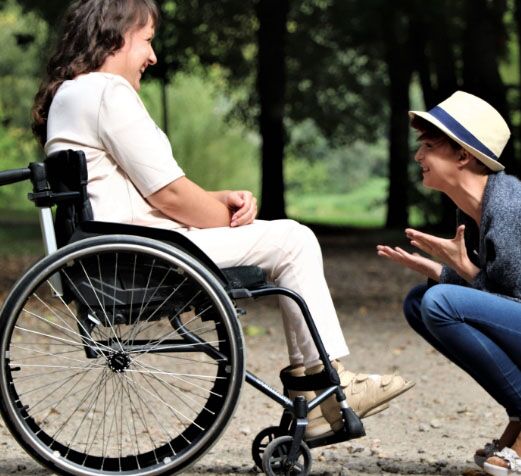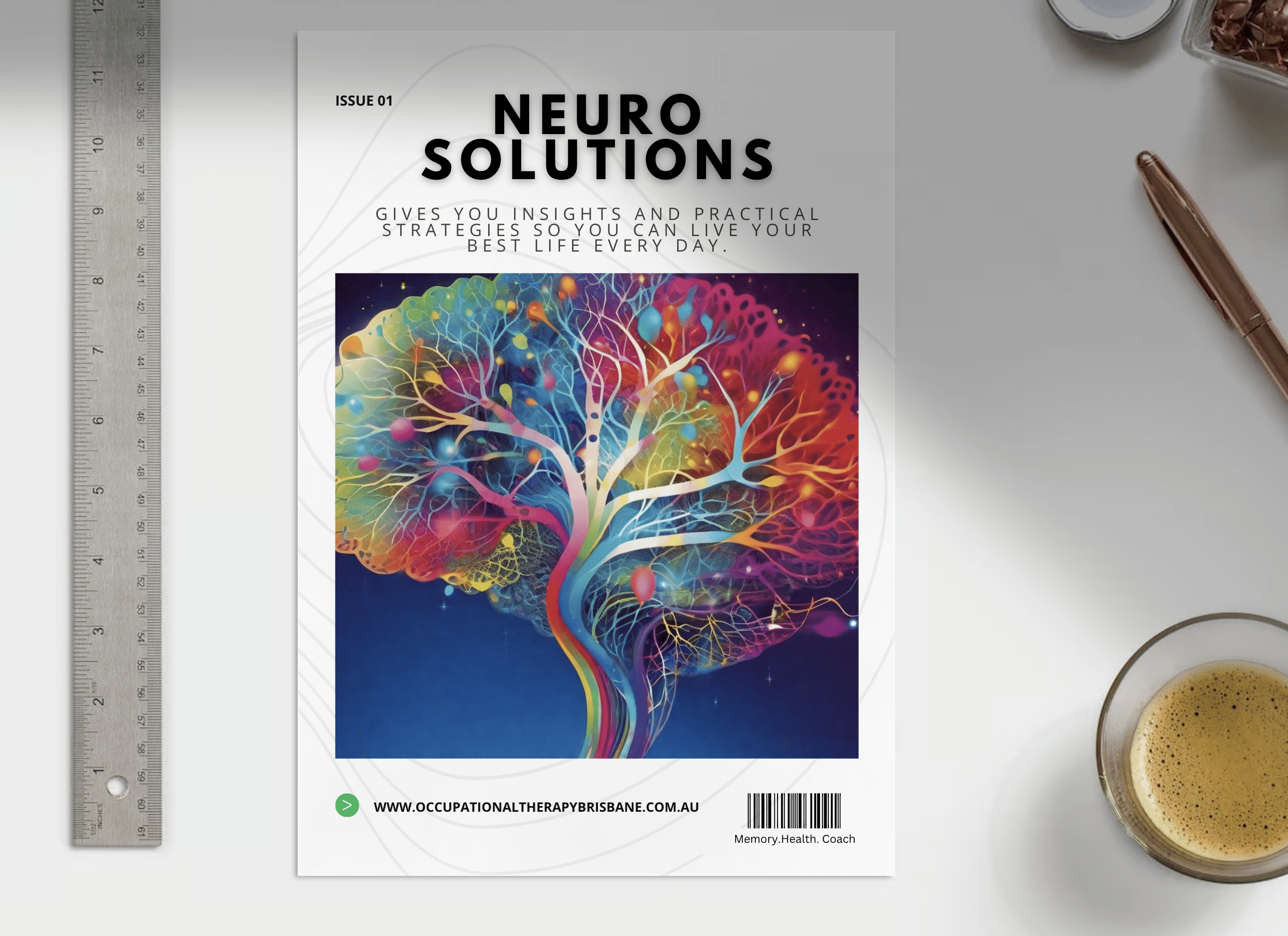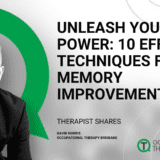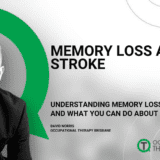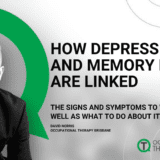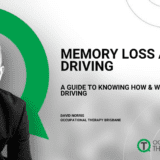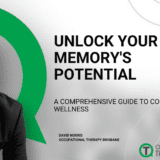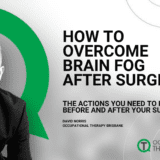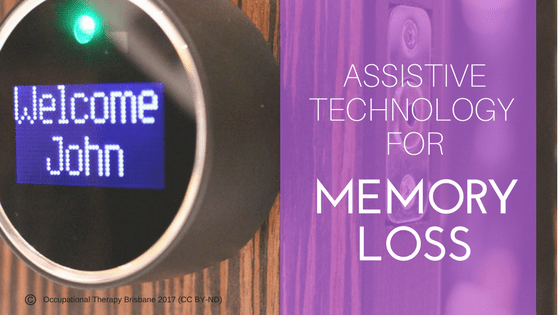
What’s The Best Assistive Technology For Memory Loss?
Finding the best assistive technology for memory loss is a key area to get right. Why? Memory loss erodes confidence and can rob you of an independent life.
The problem is, there is so much choice that many people make costly mistakes.
This article is to help you avoid these pitfalls because life is too precious to forget.
Fortunately, there are assistive technology (AT) devices available which can help compensate for diminished brain function.
This can be of hope to people who want to improve their lives when living with dementia, Alzheimer’s disease, a brain injury, Parkinson’s Disease, Multiple Sclerosis or the impact of heart conditions or heart failure, cancer or kidney failure.
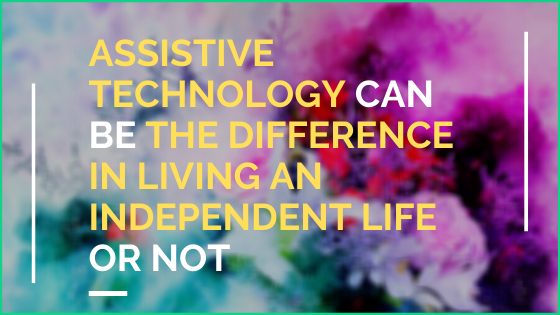
Yes, all these health scenarios PLUS more can impact on your memory performance.
Having the right assistive technology for memory loss can be the difference in living an independent life or not.
Occupational Therapy Brisbane
In this article we cover:
- Why Most Assistive Technology For Memory Loss Don’t Get Used
- 6 Step Process to Finding The Best Assistive Technology for Memory Loss
- Wearables Timers for Memory Loss: What Should You Consider
- Reading and Writing Assistive Aids
- Phone Applications for Memory Loss
- Personal Safety: Smart Locks for Memory Loss
- When Should You Consider Engaging an Occupational Therapist ( to help you with assistive technology for memory loss?)
Why Most Assistive Technology For Memory Loss Don’t Get Used
We’re big fans of using assistive technology for memory loss.
Never before in human history has there been a better opportunity to truly leverage the power of technology to help you live an independent life.
- Smart Watches for memory loss and fogetfullness
- Smart Homes making it super easy to live
- Smart Globes
- Smart Siri
- Smart Alexa
- Smart this and that and it goes on
It’s exhausting to keep up. ( yes even for us!)
In fact the largest technology show in the world, CES, with football felids of new innovation each year, the biggest segment of the show and growing is … healthcare.
So no wonder it is like finding a needle in the compost – it’s overwhelming, you get your hands dirty quickly and you don’t enjoy the process.
Too many choices and not a lot a clear process to help narrow the scope.

Sure you might say, “Ok, what about Assistive Technology for < insert condition name> like
- Assistive Technology for Dementia
- Assistive technology for Parkinson’s Disease
- Assistive Technology for Multiple Sclerosis
- Assistive Technology for Stroke
- Assistive Technology for ABI (Acquired Brain Injury)
- Assistive Technology for Neurological Conditions
The list can also be infinite and you can get lost in the search whirlpool.
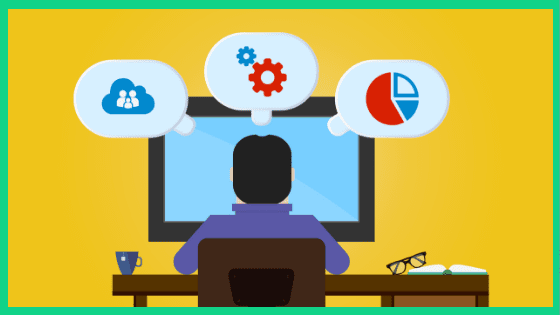
But still there is so much diversity of “how” a person experiences a condition that not all disability experiences are the same.
How someone lives with severe memory loss Dementia is totally different to the next person.
In the end we have a cupboard full of the best and expensive intentions. It’s got the gadget, the tool, my friend said this worked so we did…
I bought this because I liked the colour.
Or our personal favourite here at Occupational Therapy Brisbane- it was in the catalogue under “Dementia Care” or “For Better Memory”
Let’s stop this.
Let’s get smarter about the best assistive technology for memory loss- for your situation.
So where would be a good place to start?
What would a process look like to help you get the best assistive technology for memory loss?
6 Step Process To Finding The Best Assistive Technology for Memory Loss
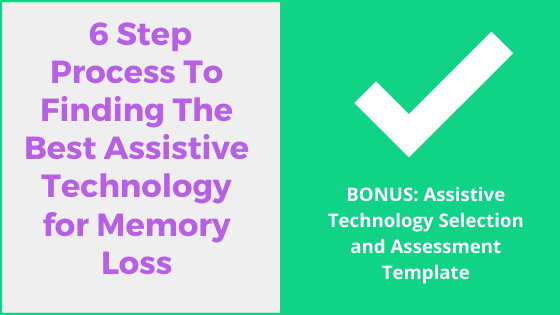
1.Map Your Personal Strengths, Weaknesses & Goals
Want to get laser targeted on the right assistive technology?
Well it starts with understanding where you are at now. This includes an observation of your strengths and weaknesses in the areas of
- Physical
- Cognition and Perception
- Mental ( Mood)
- Communication
- Social Support
- Environmental
- Sleep, Nutrition, Exercise and Medication, Banking, Cooking, Cleaning etc
- Activities of Daily Living ( showering dressing, bathing, walking, sitting)
We like simple tools like scales.
Where you answer “How confident are you in X area of your life?” On a rating from 10 to 1 where 1 is not confident at all to 10 is most confident you’ve ever been rate the areas.
We like this as it reveals areas in your life that maybe more of a priority than you first thought. Confidence is also an indicator of our ability to complete tasks independently.
Now you can dig deeper and ask: What is impacting my confidence?
Tied to this is your goal: I want to be able to do X TASK as independently / safely/ efficiently/ enjoyably
Now you’ve mapped
- Your Strengths and Challenges
- Interrogate this and qualify your barriers
- Determined your vision of what you want (needs and desired goals)
Well this is now starting to shape up as your requirements, filters or you could call them your bumpers for you to pre-qualify the assistive technology for your situation.
2. Brain Storm Your Ideas – Find Assistive Technology Potential Solutions
A simple mind map or open up an Excel or Doc and start tapping away- that easy.
What we’ve created is a simple but effective “Assistive Technology Selection and Assessment Template”
Use this process and template to help you cut through the noise and to focus in on what might be best assistive technology for your situation.
3. Rate The Ideas and Sources Assistive Technology Solutions

Like panning for gold, not all ideas are a good match.
This step is the missing ingredient that many people gloss over [ Do this step.]
Good candidates will reveal themselves in this step.
4. Is There A Track Record For This Assistive Technology for Memory Loss Working With Others Who Have Similar Needs and Goals?
Evidence, case studies, forum support, experts can help with this.
What you’re looking for is not so much “Disease or Condition”
But more so for an assistive technology match for Barriers and Limitations aligned with Needs and Goals
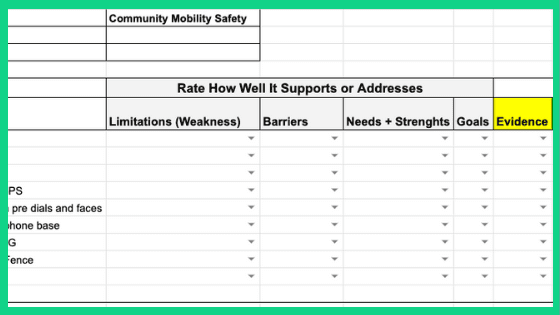
5. Test and Try It Out
Nothing better than playing with aids first before buying.
This may be a very important criteria.
Think about it. If you can’t trial it, touch it, test it- maybe it’s a pass otherwise the chances are it’ll end up in the cupboard.
That’s where working with an experienced OT can help. They have the lived clinical experience of what has worked and not worked.

6. Did the Assistive Technology for Memory Loss Work As Well As You’d Hoped For?
Here you not only answering “did it work?” but also
- Is it value for money?
- What’s the usefulness of the tool over the long term?
- Is it durable?
- Is it backed by good warranty?
- Did it work into your life?
- Is it easy to use (in your life)?
Now I appreciate there are likely questions about “what tools”? So, I thought to include these specific items below.
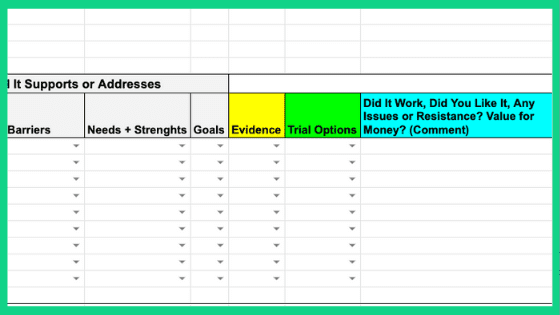
Sadly, we don’t recommend any one assistive technology for memory loss but we will talk about class of aids and things to consider.
By the way, in the Free “Assistive Technology Selection and Assessment Template” there is an example of community mobility safety aids that may be of interest to you.
Wearable Timers For Memory Loss
Assistive devices like timers allow those with memory issues to “set it and forget it”. You can create a timer for day-to-day activities like:
- How long the stove should be kept on
- How long the bath should be run
- How long until you should leave for a medical appointment
Wearable timers come in a lot of different forms these days, from digital wrist and pocket watches to smartphones and kitchen clip timers.
Those who can write can create a note on a whiteboard or a post-it note reminding them why the timer was set. Some devices allow you to make notes within the device’s program itself.
At Occupational Therapy Brisbane we’ll recommend regularly wearable assistive technology for memory loss to support clients to be
- Independent with their medication management
- To prompt meal or fluid intake
- To assist with contact carers or loved ones
- Do key lifestyle activities like exercise, brain training for example
Sounds simple, but the right tool and program can be the difference between staying in your home with optimum health, well being and independence or not.
Reading and Writing Assistive Aids: Smart Pens
</id=”reading-and-writing-assistive-aids>
An experience of disability can impact on your ability to read and write.
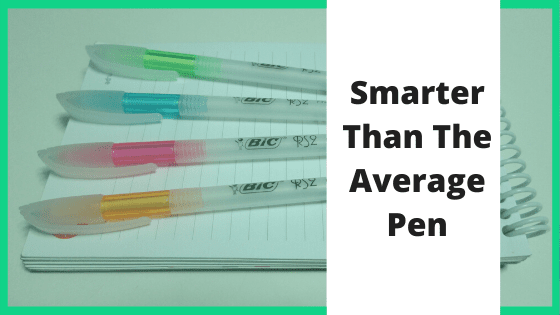
A smart pen can be a work around for people who may no longer be able to read and write. This maybe seen with people who experience symptoms impact on their reading skills, visual perception or graphic recognition.
You can create audio recordings which sync up with one or more markings made on specialised Dot Paper.
You can go back to the Dot Paper, touch the images or words with the pen, and the pen will then play back what was said. This device is particularly useful for:
- Writing down directions
- Creating to-do lists
- Creating shopping lists
- Creating a “talking calendar”
Communication Aids: Photo Dialling Phone Applications for Memory Loss
There are a number of photo dialling apps available for iOS and Android smartphones.
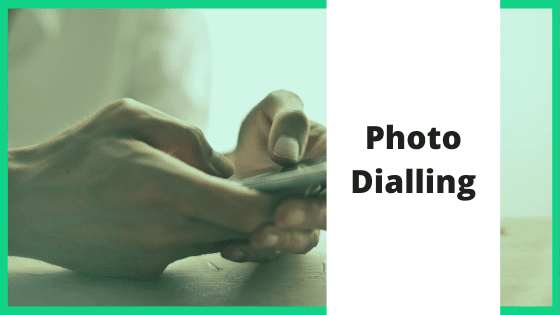
Through these apps, you can create a set of images featuring friends, loved ones and carers which, when touched, will directly dial that individual.
This eliminates the need to remember phone numbers as well as navigating through potentially lengthy contact lists which can be confusing or overwhelming to those with memory impairments.
Personal Safety: Smart Locks for Memory Loss
Do you have an iOS or Android device?
If so, you can obtain smart locks online which allows you via your mobile device, a digital key to your house connected via either BlueTooth or WiFi.

So, essentially you can control the access to your home from your phone. Here are some features and questions worth considering if you in the market for a smart lock:
- What is the lock’s integration potential? What do you need it to connect with?
- Where do you need it to be installed? Internal Vs External?
- Does it have a supported app, is it robust?
- Can you receive email notifications and alerts? This maybe helpful for loved ones who require support and occasional monitoring.
- Does it provide geofencing ? Geofencing is a defined boundary which relies on technology like GPS
- Voice control, dial pads and guest access are also other helpful features
When Should You Consider Engaging an Occupational Therapist
Most people contact an occupational therapist when life is hard.
In our Functional For Life program the indicators we see people reaching out to us is when you are:
- Feeling overwhelmed or stressed?
- Concerned about home safety and home independence
- Intending to hire, purchase equipment
- Considering major home modifications
- Having difficulty with managing daily routines
- Concerned your memory changes are affecting your ability to meet the critical tasks in life like medications, nutrition, exercise, personal care for example
And underpinning any contact with an occupational therapist is the desire for a better quality of life.
Occupational Therapy Brisbane
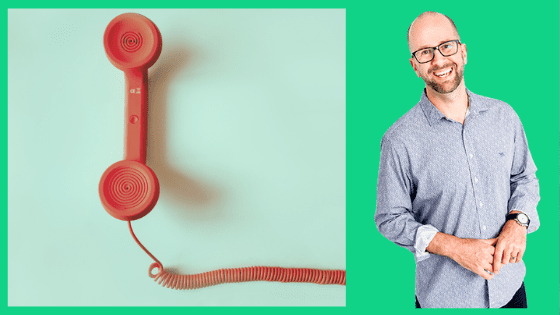
Virtual, Tele-Therapy and Home Based Service Available.
Here’s How You Can Get The Right Assistive Technology for Memory Loss with Occupational Therapy Brisbane
No doubt you appreciate what works for one person may not be a good fit for your situation.
The growth in Apps has enabled the smart phone to be a tool for independence, function and safety. You could say it’s the Assistive Technology for Memory Loss of choice.
But it is about getting the right tool for the right task for your goal.
It’s not always an App it can be very low tech even a Lifestyle change which can be the best intervention.
Where we see people getting unstuck is choosing a tool that’s not a good fit.
It may have every feature under the sun but none are used. It wastes hundreds even thousands of dollars on tools that had so much promise but didn’t work for your situation.
It happens. more often than we care for and we wish people had a process to follow to make sure you are giving yourself the best chance for it to work.
Like cooking a delicious meal, there is a process to get to the outcome. Sadly when your meal arrives you realise there are elements that don’t agree with you and so only 10% gets eaten and you don’t feel fulfilled.
Occupational Therapy Brisbane works with clients and their families to create safe, functional spaces designed to compensate for memory impairments.
This maybe caused by conditions like dementia, like Alzheimer’s Disease as well as stroke, Parkinson’s Disease, Multiple Sclerosis and brain injury.
No doubt there are many factors which can impact on a person’s memory performance.
Assistive Technology for Memory Loss is a tool, but there are many other tools that can impact on a person’s memory like
- Sleep
- Nutrition
- Exercise
- Brain Stimulation
- Medication
- Purpose
- Home Environment
- Social Supports
At Occupational Therapy Brisbane we help you by Mapping your Memory Threats and tailor personalised programs to help you be as independent as possible.
There Are 3 Ways You Can Work With An Occupational Therapist
- Consultations Services: Wanting to “tap” an occupational therapist brain and you have a vision of doing the sourcing and trialing yourself, this may be a good place for you
- Assessment Only Services: We conduct and assessment and provide potential recommendations. Allowing you to source and trial assistive technologies for yourself
- Assessment to Prescription Services: a complete program of work to help you get the outcome you’d like in the shortest time possible.
You can work with an Occupational Therapist in the following ways:
1. Virtual or Tele- Therapy Services
- Living In Regional Australia?
- Do you have COVID-19 concerns
- Perhaps you’re located international and want to access a senior therapist
Tele-therapy consultations work for Assistive Technology Consultations and you can schedule one here.
2. Mobile Occupational Therapy Across Brisbane
Yes even in COVID-19 we are offering in home consultation. We maintain strict social distancing and apply a risk assessment every 48hrs.
3. Free 15 minute Consultation with a Senior Therapist
To learn more about how we can help you or a loved one enjoy a fulfilling and independent life, contact us online or call us at 1300 783 200 to arrange to speak with a senior occupational therapist in Brisbane or
Schedule a Free 15min Consultation
Complete the form below to schedule a time with a senior therapist
Article Sources:
- Brain injury assistive technology and memory loss .
- LiveScribe
- Occupational Therapy and neurological conditions: dementia
- Looking for an NDIS OT provider to help you with your Assistive Technology?
- The NDIS Assistive Technology Provider Guide: This gives you an insight into the provider’s requirements they must follow in prescribing NDIS support AT


